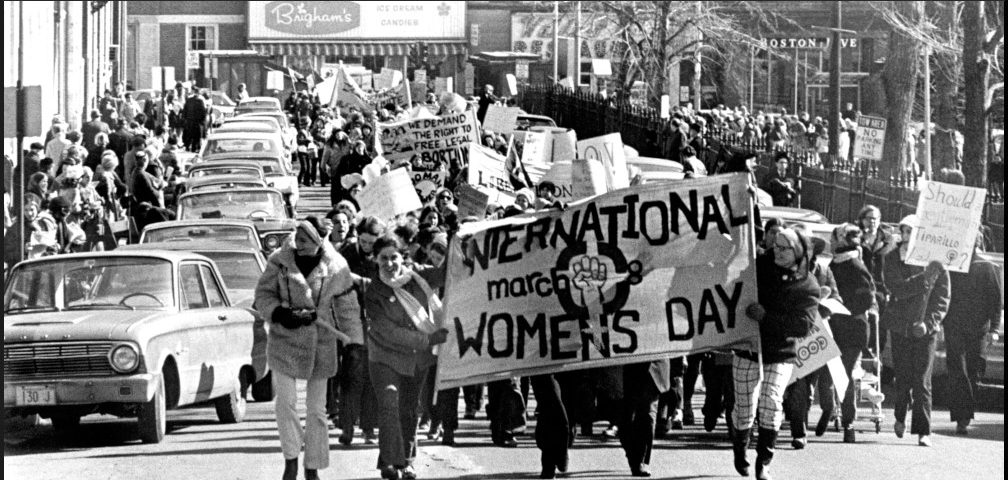Statement from Socialist Action, March 8, 2021
International Women’s Day has its roots in the Feb. 28th 1909 march to commemorate the 1908 strike of female immigrant garment workers in New York City. The march was organized by the Socialist Party of America and they proclaimed National Women’s Day.
A year after the New York City garment workers strike was memorialized, Clara Zetkin a revolutionary socialist in Germany called for an International Socialist Women’s Conference and proposed that March 8th be honored every year as International Working Women’s Day. It was approved by over 100 women from 17 countries. The following year a million women marched world wide celebrating the leadership of socialist women on the 40th anniversary of the Paris Commune.
On March 8th, 1913 working class women in Russia marched to demand the right to vote and on International Women’s Day, 1917 Russian women working in the massive Petrograd textile factories walked off the job to demand bread and demand Russian soldiers be brought home from the battlefields of the First World War.
The importance of the leadership and action of Russian women is often overlooked in the history of the Russian Revolution. The day after the women’s strike a general strike of all workers was declared. In two days the hated Czar Nicolas ll was overthrown. By March 10th there was a mutiny of the Russian military, workers and peasants which resulted in the February Revolution which ended the Romanov Dynasty. The temporary Constituent Assembly granted women the right to vote.
In October, the second stage of the revolution, millions of workers and peasants and soldiers and sailors stormed the Winter Palace and instituted a revolution that encompassed one sixth of the world.
The Tzarist Criminal Code was eliminated and a new Family Code in 1918 freed women from the repressive institutional structures of the Russian Orthodox Church. Marriage and divorce became voluntary civil arrangements. Today International Women’s Day is celebrated around the world in the spirit of solidarity and struggle.
Today, more than a century later, the fight for women’s equality remains among the central issues of our time. The COVID-19 pandemic has tragically revealed that women, and especially women of oppressed nationalities, suffer the worst consequences, including the highest infection and death rates, the highest rates of unemployment and the lowest wages.
